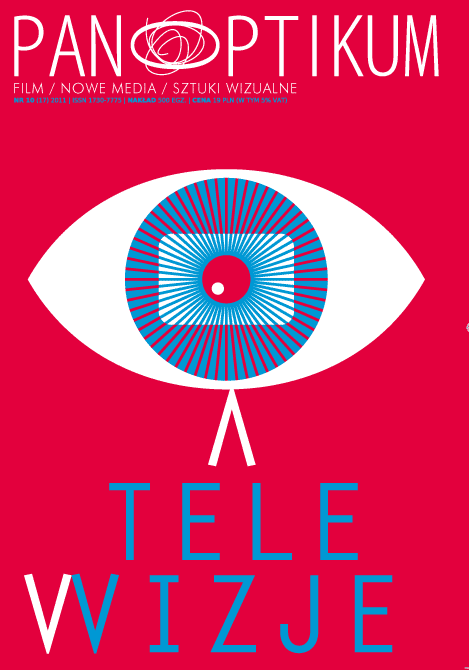From tele-hell to tele-utopia - cinematic stories about the pleasures and dangers of television
Abstract
Television in the writings of academics associated with the counterculture became the subject of some passionate attacks. TV broadcast in the texts of Herbert Marcuse, Jean Baudrillard and Guy Debord was accused of manipulating people, blocking their intellectual development and boosting consumer desires. In 1980’s and 1990’s the thesis of the harmful influence of television became intercepted also by the cinema. Especially movies that used fantastic images and plots began to treat television as the devilish invention leading humanity towards destruction. The main attribute of the corruption of audiovisual media was not only the TV set, presented as the hellish object, but also the remote control, appearing in many plots of feature films as a weapon in the struggle for domestic dominance or even treated as an evil tool used by some unknown dangerous forces. This article analyzes three different fantastic visions of television, presenting this medium as an artifact associated with the anti-utopian, infernal and utopian connotations.

 Academic Scientific Journals
Academic Scientific Journals





